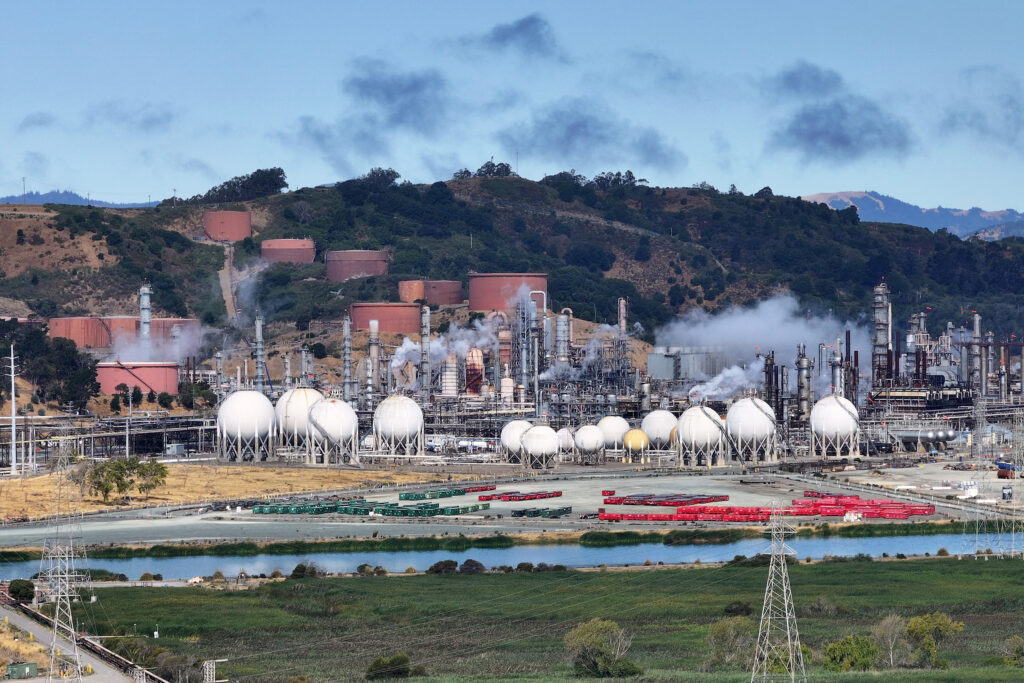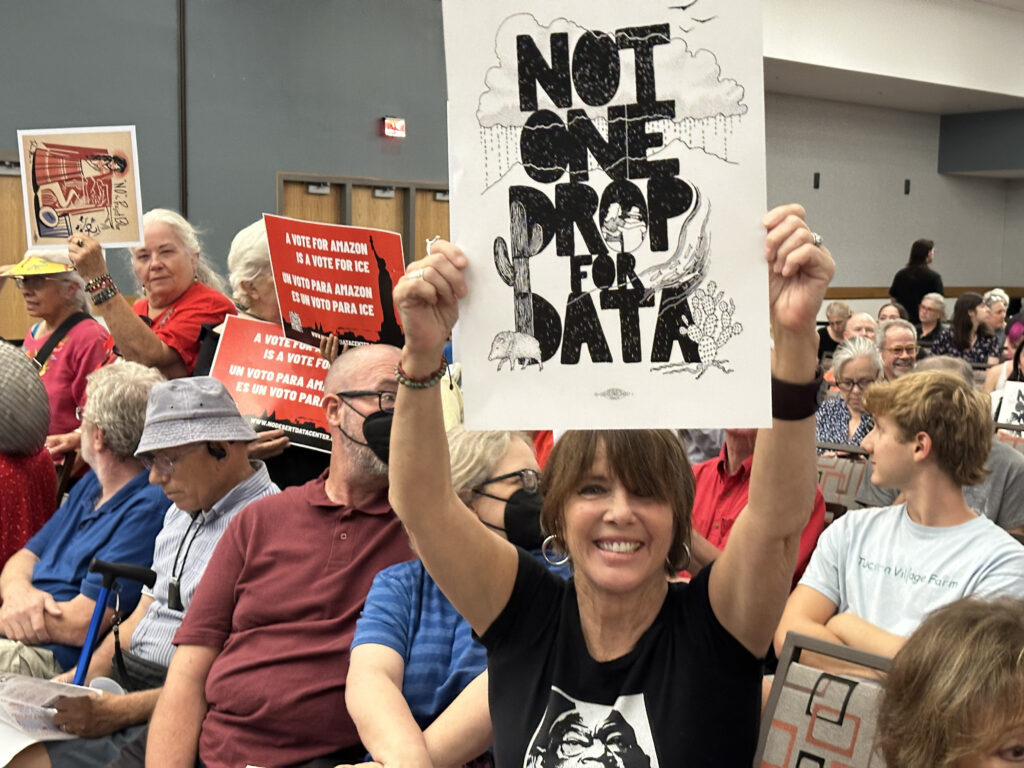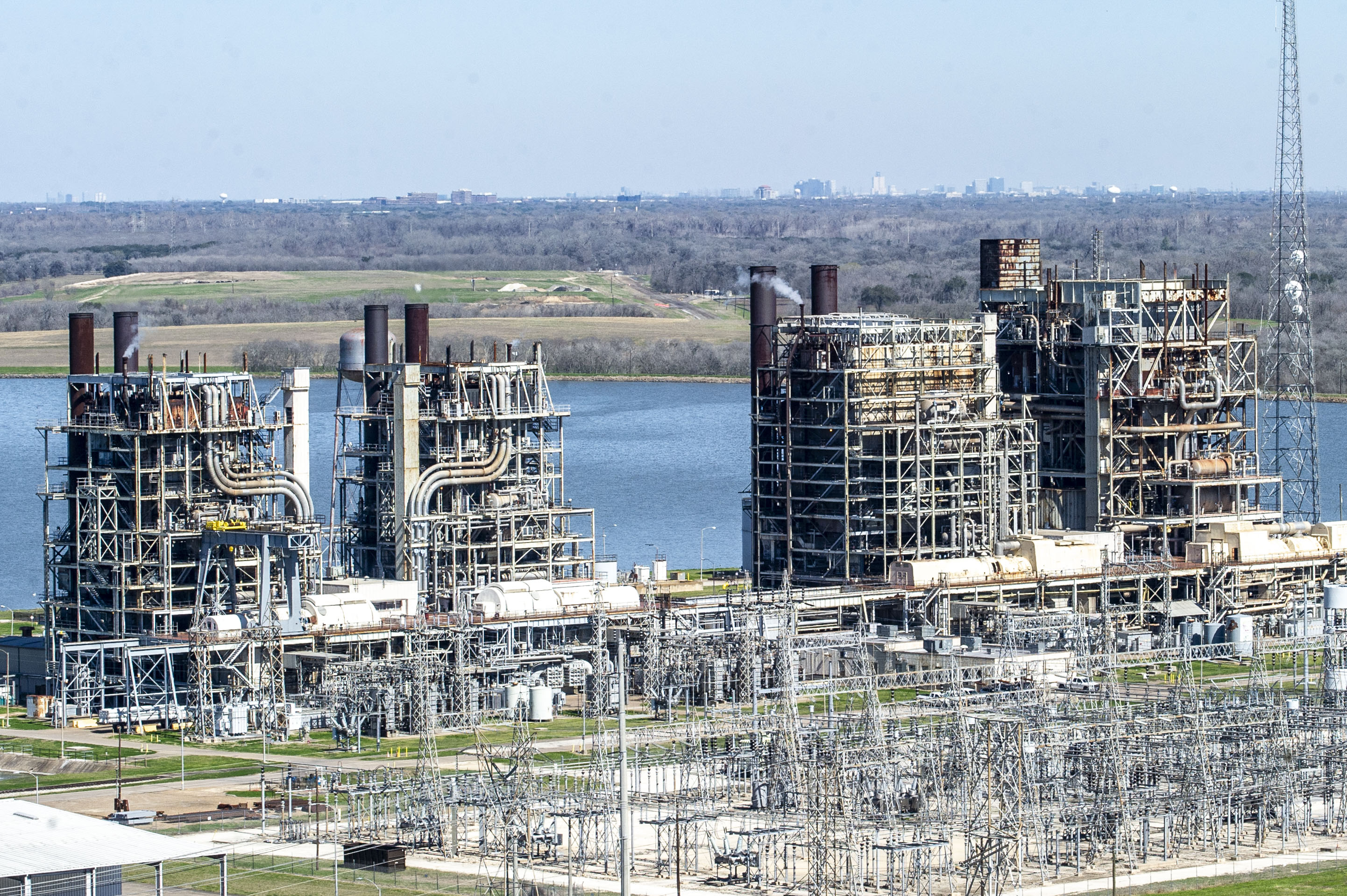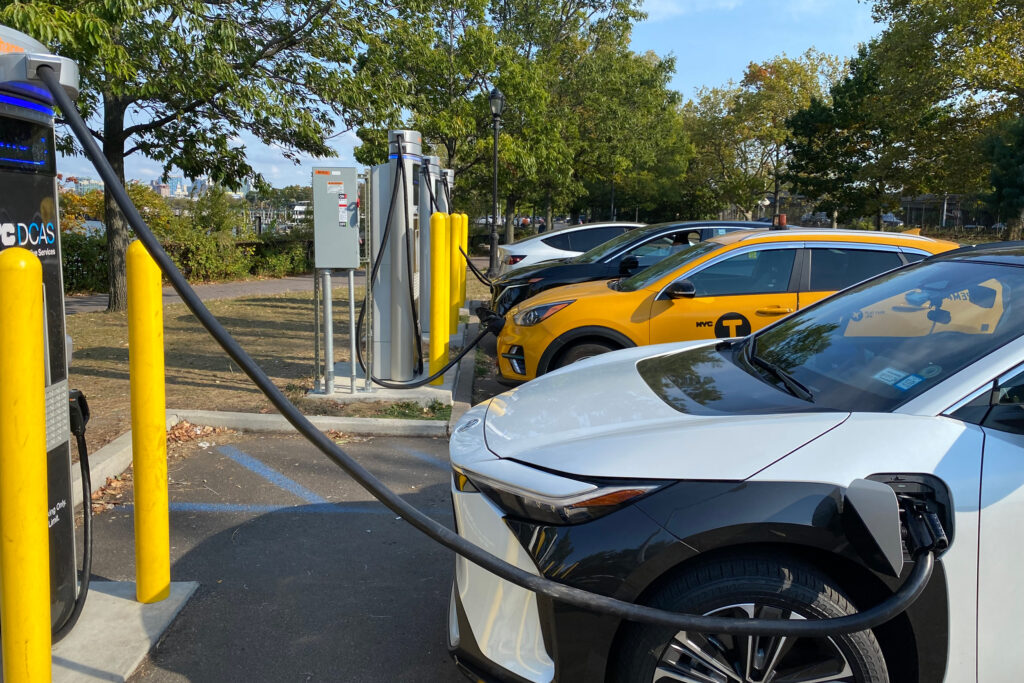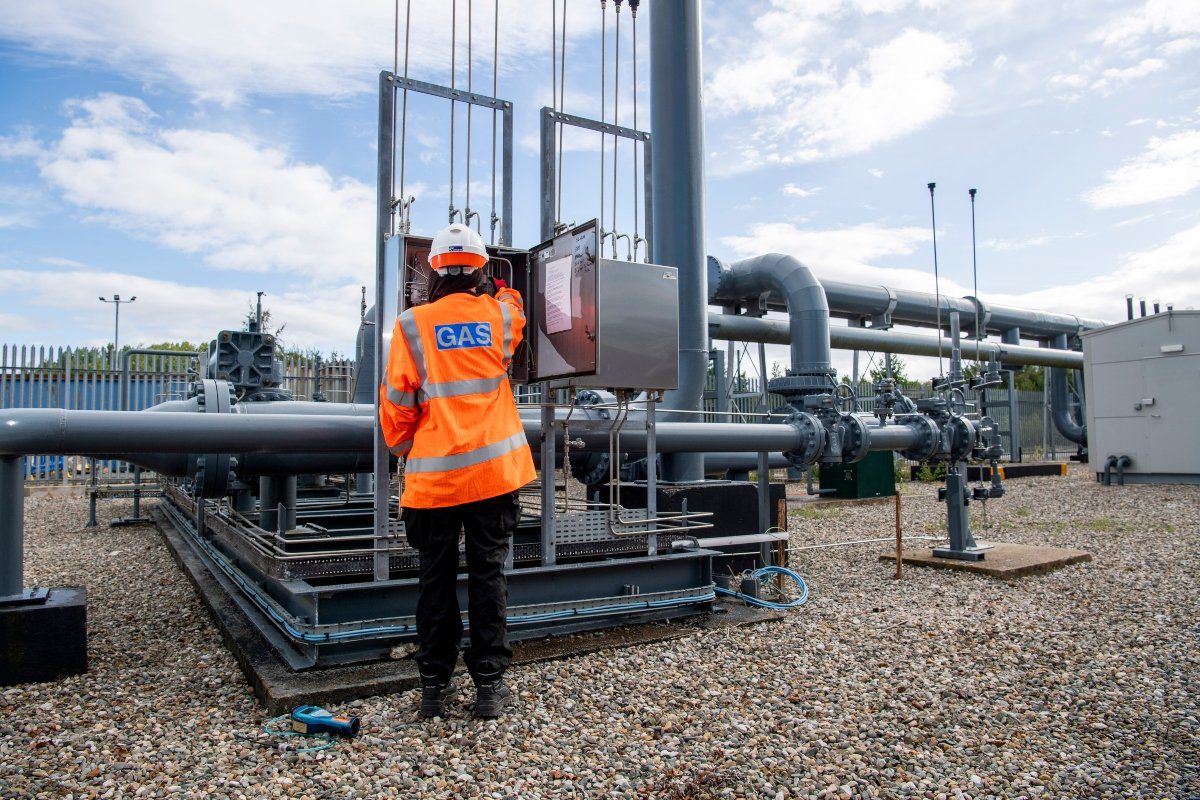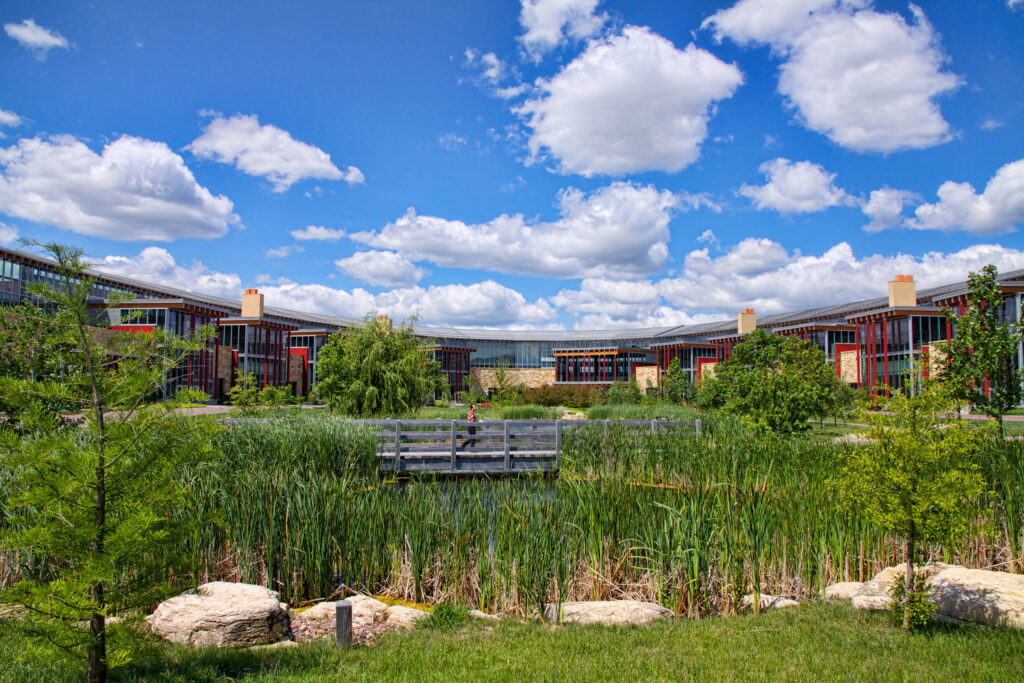Honduras is one of the poorest countries in the Western Hemisphere. But that vulnerability has not stopped foreign companies from filing a wave of legal claims against the small nation that collectively seek roughly $20 billion, according to a new analysis by advocacy groups, a figure equal to more than five times Honduras’ public expenditures last year.
The claims are part of an opaque and corporate-friendly system called investor-state dispute settlement, or ISDS, which allows foreign investors to file suits before panels of arbitrators outside national courts. Under ISDS, companies can seek vast sums from governments if they believe their investments have been harmed—even if that harm comes from regulations aimed at protecting residents from pollution or other dangers.
Last year, Honduras emerged as one of the countries most hard-hit by ISDS, with 15 claims against it, including one seeking up to nearly $11 billion brought by American investors who want to establish a semi-autonomous “startup city.”
This year, investors filed two additional claims, though one of those replaced a previous one that had been withdrawn. Researchers also learned more this year about the existing claims—the amounts sought in several cases were previously unknown.
Manuel Díaz-Galeas, Honduras’ solicitor general, said in a text message in Spanish that even defending the claims has had an impact on the country’s finances, with the treasury having to allocate millions of dollars for each case. He added that the claims are at early stages, however, and “the state is ready and prepared to meet the challenge.”
Días-Galeas likened investors’ ISDS claims to an attempt to negotiate with “a revolver on the table.”
The new analysis was released by four progressive advocacy groups this week as part of a gathering in southern Honduras to highlight the impact of renewable energy projects that have generated controversy in the region. Seven of the pending claims are from the electricity sector.
At a live-streamed press conference on Wednesday, Denia Castillo, director of the Honduran group the Network of Human Rights Defenders, said solar farms in the southern part of the country have led to deforestation and contamination of local water sources.
“The negative effects of the energy transition are being felt in these southern territories,” Castillo said, speaking in Spanish.
Proponents of ISDS say it protects foreign investors from discrimination in national courts and promotes investment, though research has not consistently supported that claim.
The Honduras cases highlight that renewable energy developers have benefited from the ISDS system, too. The power sector claims stem mostly from renewable energy contracts signed under a previous government, which privatized parts of the nation’s power system. Honduras’ current president campaigned in part on rolling back some of that privatization and seeking better terms from the contracts signed with private companies. When the government began that process, it was hit with the ISDS claims.
“We’re seeing the dark side of the energy transition,” said Luciana Ghiotto, an associate researcher with the Transnational Institute, an international research and advocacy group that was among those releasing the new data on ISDS claims.
Ghiotto said that in many developing nations, governments have awarded contracts to foreign corporations to build renewable energy under the banner of addressing climate change, yet they have often paid little regard to the impacts on local people.
ISDS cases are often shrouded in secrecy. In many of the claims against Honduras, few if any documents or filings have been published. The activists have been unable to determine which project one of the claims was even associated with.
While Honduras has faced a disproportionate number of ISDS claims in recent years, it is not alone. At least 58 claims were filed against governments globally last year, according to a U.N. database.
An increasing number of political leaders and others have been calling for the ISDS system to be reformed or abolished. Earlier this month, the top human rights court in the Americas said in an advisory opinion on climate change that international investment law—the thousands of treaties and contracts that underpin the ISDS system—can imperil governments’ ability to meet their environmental and human rights obligations under other laws.
The threat of ISDS claims can create a “regulatory chill,” the Inter-American Court of Human Rights said, meaning governments might avoid enacting environmental protections out of fear they would face costly arbitration claims.
But the judges didn’t call for abolishing ISDS. Instead, they said it was “essential to promote a balance” between legitimate regulations to address climate change “without eroding the legal certainty or predictability” provided in international investment agreements.
The court pointed to clauses contained in some recent investment treaties that attempt to carve out space for governments to enact environmental protections.
“This means that States and taxpayers are paying fossil fuel companies compensation for trying to take measures to advance the just transition.”
— Elisa Morgera, U.N. special rapporteur on climate change
In practice, it’s unclear whether those clauses have the intended effect. Countries have continued to get hit with claims over their environmental rulemaking despite having such provisions in their investment agreements.
Josef Ostřanský, a senior policy adviser at the International Institute for Sustainable Development, said in a written statement that the Inter-American court’s opinion could be used by arbitrators when assessing companies’ claims.
Elisa Morgera, U.N. special rapporteur on climate change, also weighed in recently on ISDS, urging governments to fundamentally overhaul the system. Investment treaties, she said, should be designed to support effective actions aimed at addressing climate change, while governments that take non-discriminatory action to address the issue shouldn’t have to pay compensation to aggrieved fossil fuel companies. In a May report titled “The Imperative of Defossilizing Our Economies,” Morgera said ISDS promotes fossil fuel investments, exacerbating climate change.
According to the report, fossil fuel companies have won awards totaling around $83 billion in compensation—more than the gross domestic product of many nations.
“This means that States and taxpayers are paying fossil fuel companies compensation for trying to take measures to advance the just transition,” Morgera wrote, noting that poor and middle-income countries are most sued in the system.
Those same countries, including Honduras, have contributed the least to climate change.
The largest claim against Honduras was brought by Honduras Próspera, an American company backed by Silicon Valley billionaires who were seeking to establish a charter city. Under a previous government, Honduras had enacted a law allowing for the creation of such enclaves, which were subject to Honduras’ constitution but given the authority to levy their own taxes and establish their own regulations, in order to encourage investment. Honduras later repealed the law.

Two other charter cities were established in Honduras, and one of the new ISDS claims against Honduras was filed by the company behind one of those efforts.
Neither the company, U.S.-based Overseas Real Estate, nor the law firm representing it, Hogan Lovells, responded to requests for comment.
The second new claim was filed by EMCO Group, which operates the country’s new international airport. In a press release, the company accused the government of taking illegal actions, including falsifying documents, in an attempt to force it to give up its concession to run the airport or to extract additional payments.
EMCO Group could not immediately be reached for comment and the law firm representing it, Greenberg Traurig, did not respond to a request for comment.
About This Story
Perhaps you noticed: This story, like all the news we publish, is free to read. That’s because Inside Climate News is a 501c3 nonprofit organization. We do not charge a subscription fee, lock our news behind a paywall, or clutter our website with ads. We make our news on climate and the environment freely available to you and anyone who wants it.
That’s not all. We also share our news for free with scores of other media organizations around the country. Many of them can’t afford to do environmental journalism of their own. We’ve built bureaus from coast to coast to report local stories, collaborate with local newsrooms and co-publish articles so that this vital work is shared as widely as possible.
Two of us launched ICN in 2007. Six years later we earned a Pulitzer Prize for National Reporting, and now we run the oldest and largest dedicated climate newsroom in the nation. We tell the story in all its complexity. We hold polluters accountable. We expose environmental injustice. We debunk misinformation. We scrutinize solutions and inspire action.
Donations from readers like you fund every aspect of what we do. If you don’t already, will you support our ongoing work, our reporting on the biggest crisis facing our planet, and help us reach even more readers in more places?
Please take a moment to make a tax-deductible donation. Every one of them makes a difference.
Thank you,






